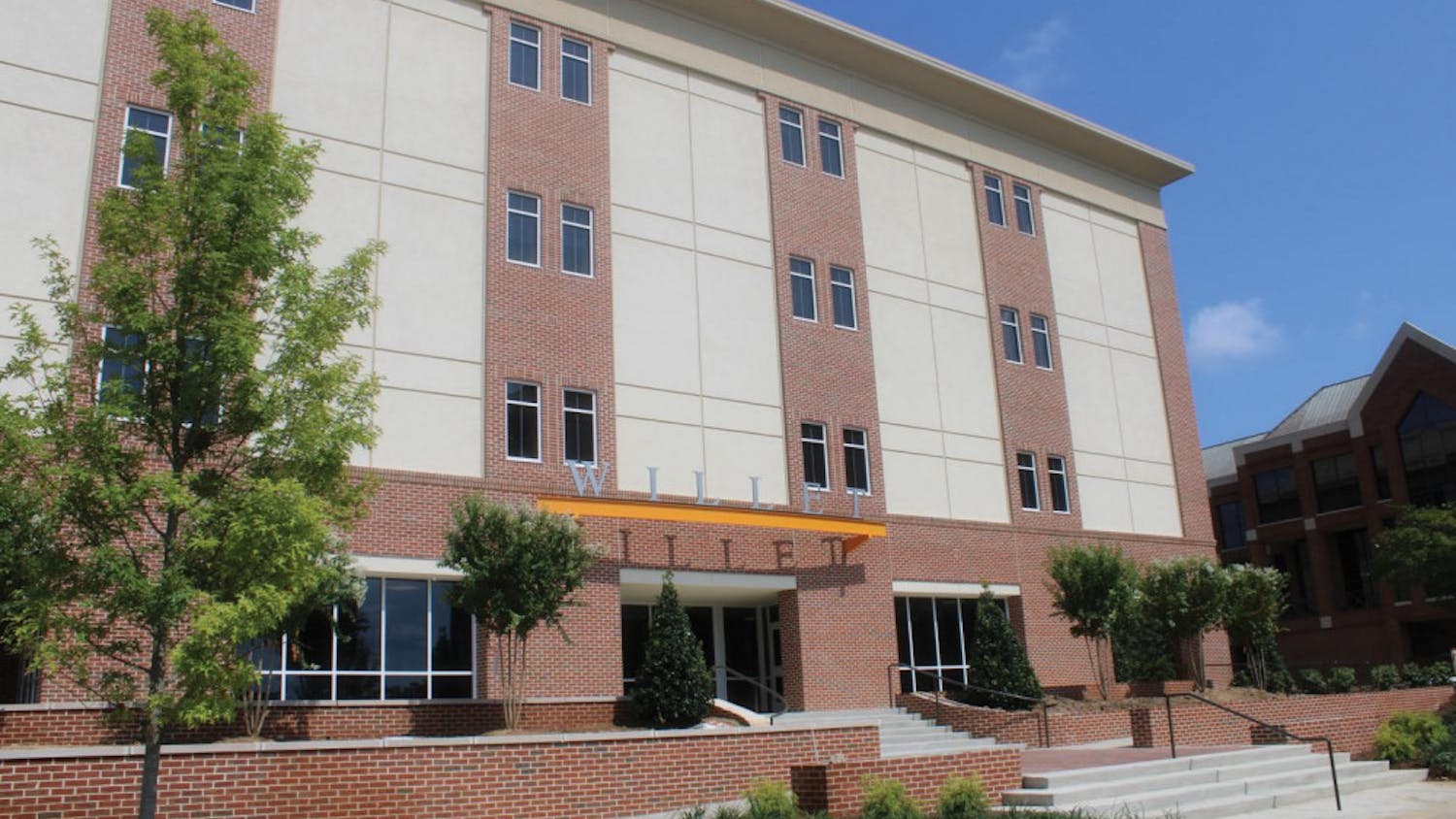A $500,000 grant from the National Endowment for Humanities will help bolster the visibility of Mercer’s Southern Studies Center.
The highly competitive grant from the NEH aims to help institutions and organizations secure funding for the humanities programs and resources.
The grant is known as a "challenge grant," which means that the University has to match the NEH's grant. In this case, the funding is 3-to-1 ratio, which means that the University needs to raise $1.5 million to match the NEH grant.
The recipients of the grant can request in their proposal on how the money should be spent. "We had one simple goal," said Dr. Douglas Thompson, an associate professor of Southern Studies, "We wanted to create an endowment for the Center of Southern Studies."
The University will put $1.5 million into a bank account and the NEH grant also will be placed into the same account. The funds will be left in the account to draw interest.
The Center plans on using the interest generated from the bank account towards specific projects outlined in the NEH grant proposal, said Thompson.
The Center has outlined several uses of the endowment, including helping the Center run an annual conference. Before the endowment, the Center applied for grant money from the Georgia Humanities Council, which was sometimes a tedious process. Also, the Center was not guaranteed to receive any funds from the Council.
The endowment will also increase the center’s budget for conferences from $4,000 to $30,000.
In the past, the Center has hosted the Lamar Memorial Lecture Series, which will be open to the public this year. The Center also recognizes a scholar in the field of Southern Studies with the Sidney Lanier Prize for Southern Literature. The 2015 winner will be announced this January.
“(The Center) will invite scholars to come in and work on projects, so they’ll have an idea for writing and area where they can write,” said Thompson. By inviting these scholars to stay on Mercer’s campus for a week over the summer, the Center hopes to attract potential talent, said Dr. Thompson.
“There is no building,” said Thompson on the rumors pertaining to construction plans on a new building for the Center. “But we would be happy to have a place identifiable that was ours,” he said.
The grant’s funds will also buy an internet server dedicated to the humanities in order to encourage open access to material.
“As editor of the 'Journal of Southern Religion', one of the pieces of the puzzle is that we will start to enhance our digital humanities footprint,” said Thompson.
As of now, there are three students majoring in Southern Studies at Mercer University and Thompson hopes to expand the program in the coming years. “We don’t have majors, but we are growing them,” Thompson said.
In the wake of Ferguson, Thompson believes that this is a crucial time for students to delve into Southern Studies and understand the racial construction in the South.
Students who major in Southern Studies can take courses on the “Old South, the Civil War, the New South, African-American history, southern literature and African-American literature, along with topical courses such as Southern Jesus, Black Film History, Southern Foodways and William Faulkner,” according to the University’s course catalog.
Contrary to most students’ preconceptions of the study, the major does not take a romanticized view of the South, said Thompson. Instead, the major strives to provide a critical examination of the region.
“The major lets you know the roots of the problem [in the South] and how we go about addressing them but not that we fix them,” said Thompson. “That’s what the major is.”
$500,000 federal grant puts Mercer's Southern Studies program in the limelight





